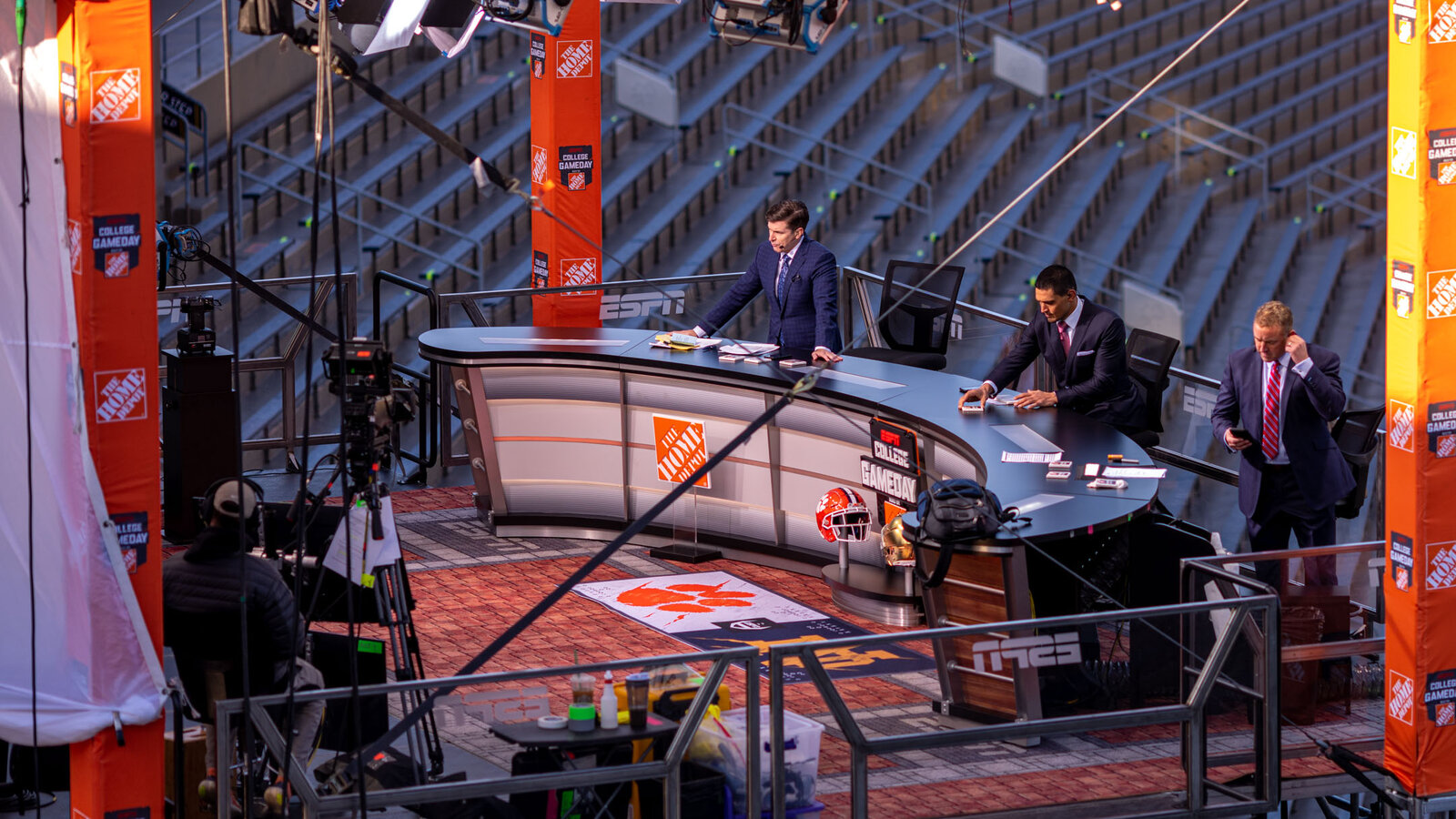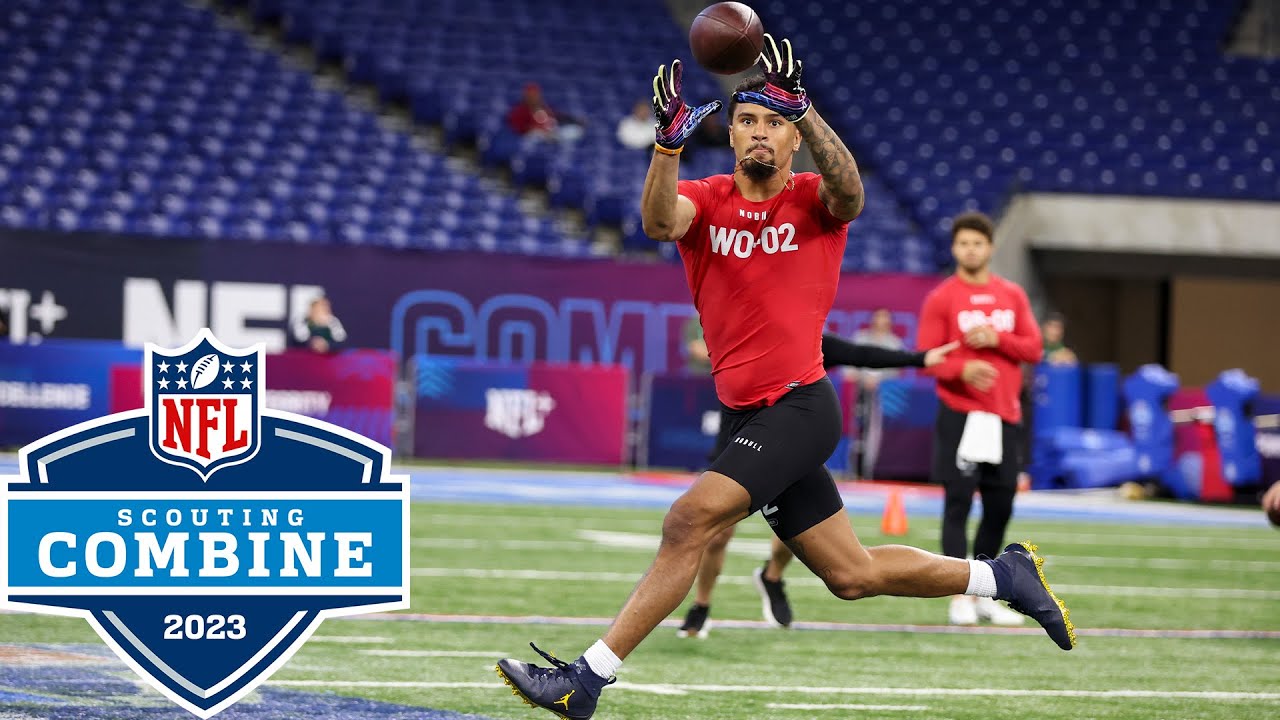
The NFL’s Ongoing Battle Over Sunday Ticket: An Existential Threat?
The dynamics between major broadcasting networks and the NFL have always been complex, but recent developments in an antitrust trial have brought to light just how pressing these issues have become. An internal Fox document revealed in court terming the NFL’s Sunday Ticket as an “existential threat” shines a spotlight on the intense negotiations that have shaped football viewership today.
Understanding the Sunday Ticket Controversy
For fans, the NFL’s Sunday Ticket has been a cherished option, providing access to out-of-market games. But for networks like Fox and CBS, these out-of-market broadcasts present a double-edged sword. As Larry Jones, Fox Sports’ executive vice president, articulated during the trial, the fundamental goal for networks is to attract as many viewers as possible to their live broadcasts. The more viewers they draw, the more they can charge advertisers for commercial spots.
In the courtroom, Jones underscored that the Sunday Ticket was intended to be a complementary, rather than competing, product for their games. Fox’s position was clear—they wished to limit the Sunday Ticket’s reach to protect their own viewership and revenue streams. This raises intriguing questions about the NFL’s influence over broadcast rights and its pricing structures.
 Negotiating NFL Broadcast Rights
Negotiating NFL Broadcast Rights
Fox’s concerns were not unfounded. The influx of Sunday Ticket subscribers directly threatens established viewership patterns. Notably, the arrangement with DirecTV—which had exclusive rights to Sunday Ticket—and now Google’s YouTube TV has altered the landscape dramatically. Jones testified that Fox made specific requests during negotiations, including instituting a base price and limiting new subscribers. Nevertheless, the 2021 agreement still demanded that the Sunday Ticket be marketed as a premium product that fans would have to pay extra for.
Scouting Report: Emerging Players and Their Impact
Meanwhile, as the NFL grapples with broadcast rights issues, college players are preparing for their transition into the league. One player making waves is Tyrone Tracy Jr. from Purdue, a running back with a unique background that might make him an exciting addition for an NFL team.
Tracy, who transitioned from being a wide receiver at Iowa to running back at Purdue, showcases athletic versatility. Standing at 5'11" and weighing 209 pounds, his speed is a notable asset, clocking in at a 4.48-second 40-yard dash. His playstyle is characterized by impressive bursts of speed and elusiveness, making him a valuable player on the perimeter and capable of breaking through defensive lines.
Strengths and Weaknesses
While he demonstrates above-average balance and can keep his legs driving through tackles, questions linger regarding his vision as a running back. Critics argue that his lack of experience often leads to indecisiveness at crucial moments. However, with the right coaching and situation, Tracy’s skills could prove to be a considerable asset.
 Scouting the Future NFL Stars
Scouting the Future NFL Stars
Tracy’s potential creates excitement around the upcoming NFL Draft, as scouts envision how he could adapt to a professional environment. Many see the need for him to align with a team boasting a gap-heavy system, which could simplify his decisions and unleash his abilities on the field.
Darren Waller Steps Back: A Personal Journey
Another story resonating within the league is the retirement announcement of Darren Waller, the New York Giants’ tight end, who made headlines following a deeply personal journey. Waller’s decision, communicated through social media, came in the wake of a near-death experience that forced him to reevaluate his priorities.
After struggling with symptoms that landed him in the hospital for nearly four days, Waller realized life is too precious to continue settling. In a heartfelt message on Instagram, he expressed gratitude for his career, stating, “To God: what a journey, and thank you. We took it way farther than I ever could have imagined!”
This shift in focus from football to other interests, including mental health advocacy, highlights a compelling narrative unfolding in the NFL: athletes reclaiming their lives beyond the game.
 Darren Waller Reflects on His Journey
Darren Waller Reflects on His Journey
As Waller transitions away from the sport, his story encourages ongoing discussions around the mental health struggles faced by athletes, particularly those who may feel the weight of expectations to perform.
The Future of NFL Broadcasting and Player Development
As the NFL confronts challenges from broadcast rights, negotiation strategies, and the integration of emerging talent, the intersection of player health and broadcasting dynamics reflects the evolving landscape of the sport. A jury will ultimately have to determine whether the established agreements are hindering competition unlawfully, while the fate of prospective players like Tracy remains in the balance as they strive for their place in what is an increasingly complex and executed ecosystem.
The critical narratives around broadcasting and player experiences reflect the ever-changing environment we find within the NFL—an intricate dance of sport, business, and humanity, which continues to captivate fans and stakeholders alike. Looking ahead, it’s clear that these discussions will be indispensable as both the league and its players navigate through an unpredictable future.
This unfolding drama encompasses more than just business—it encapsulates the essence of a game that so many of us love and the profound personal journeys undertaken by those who contribute to its legacy.















